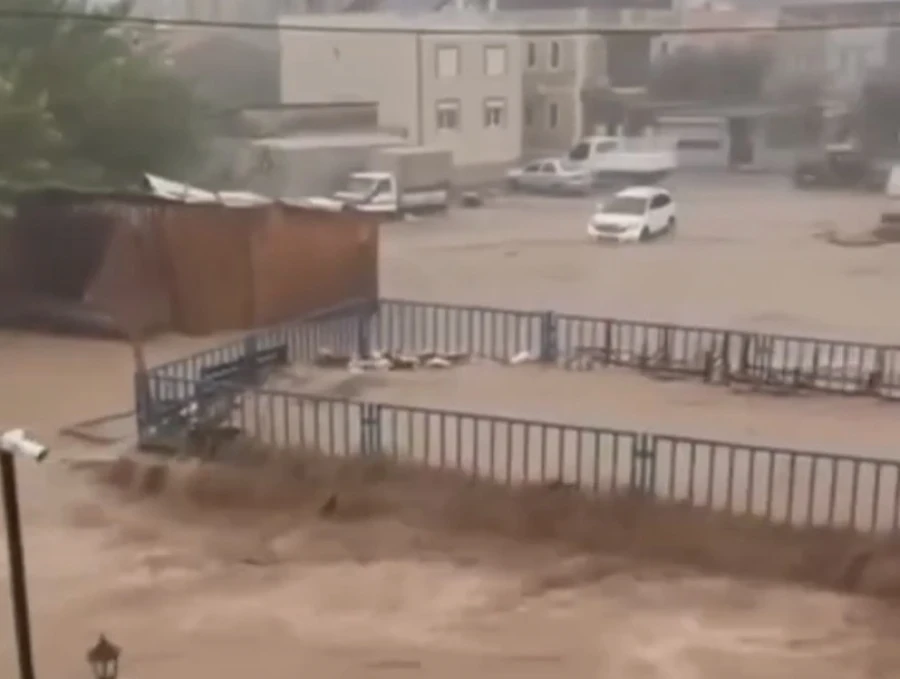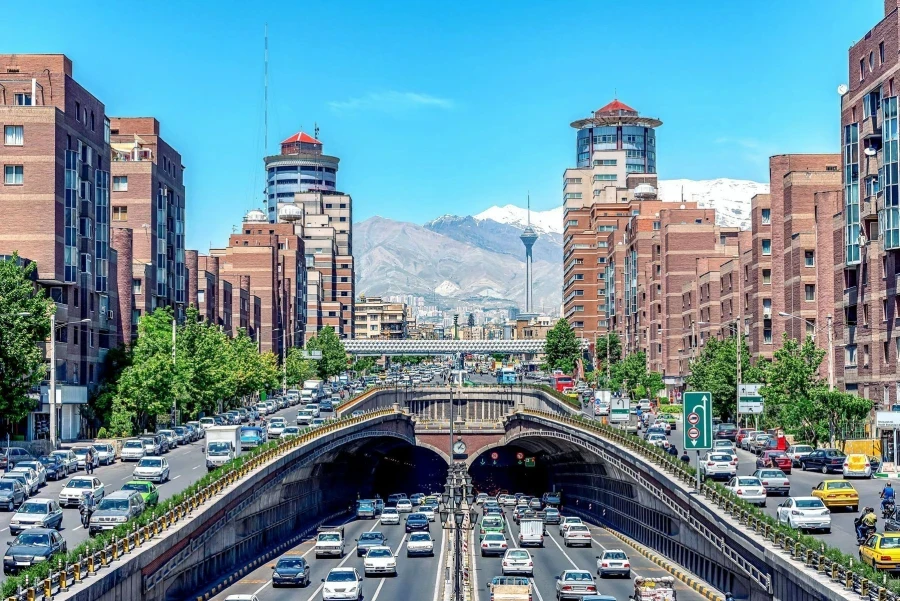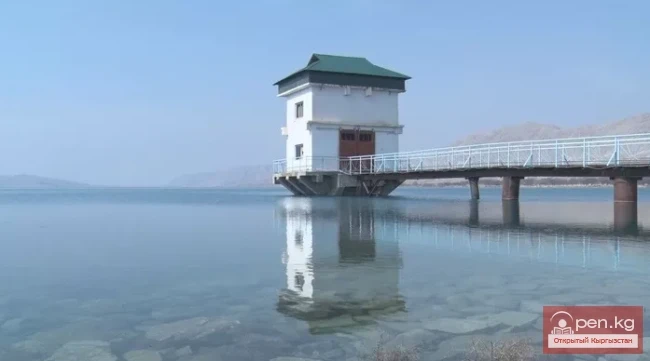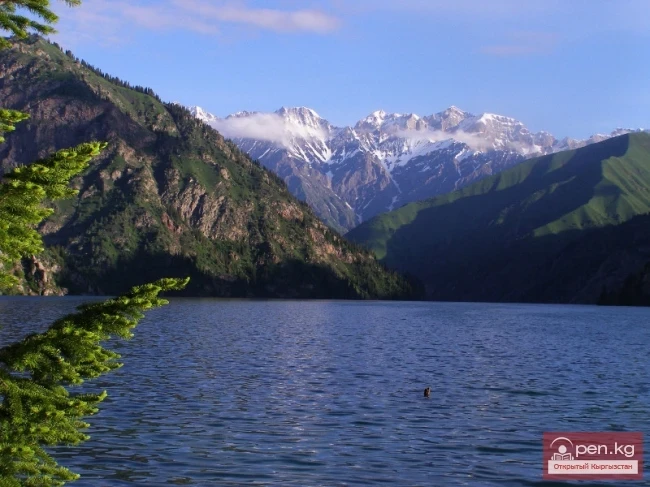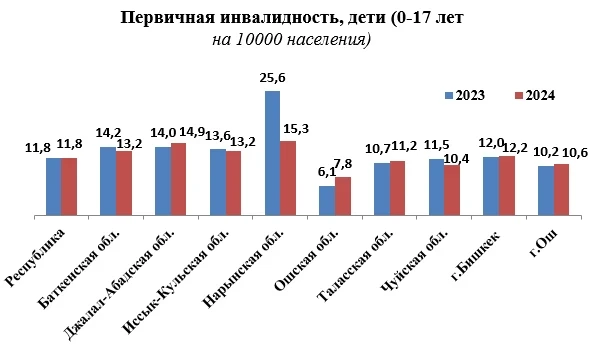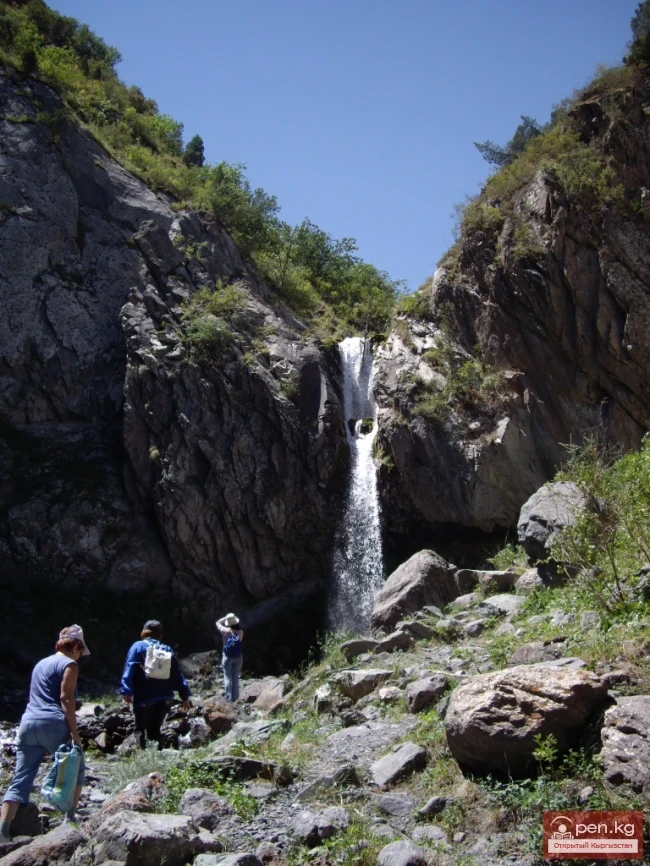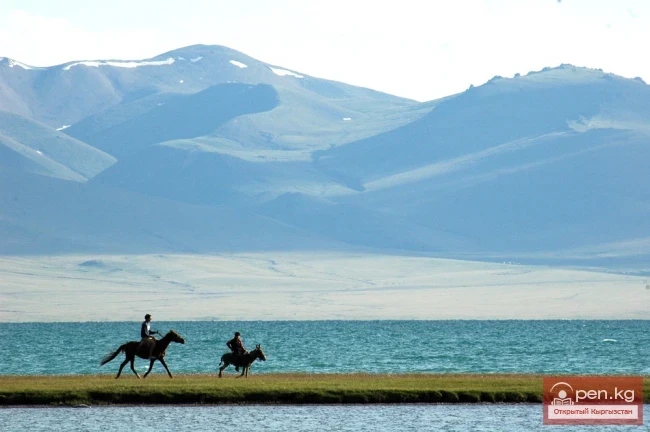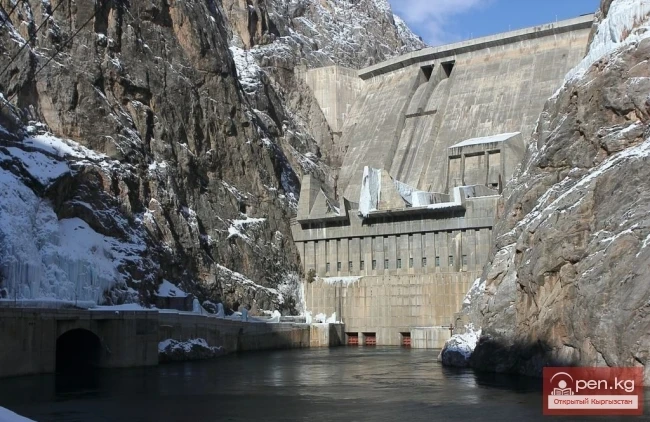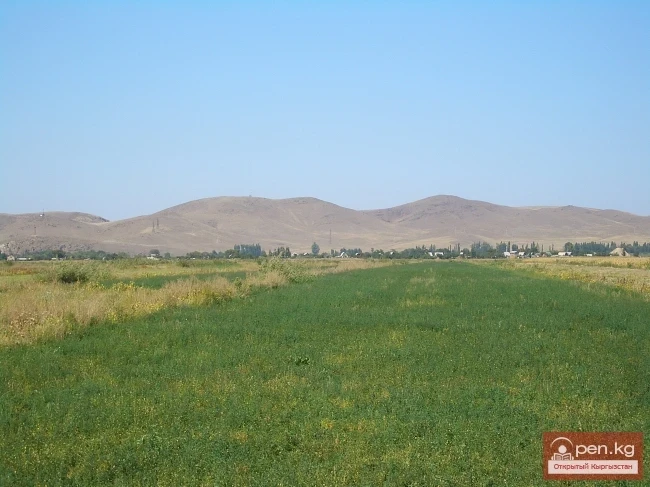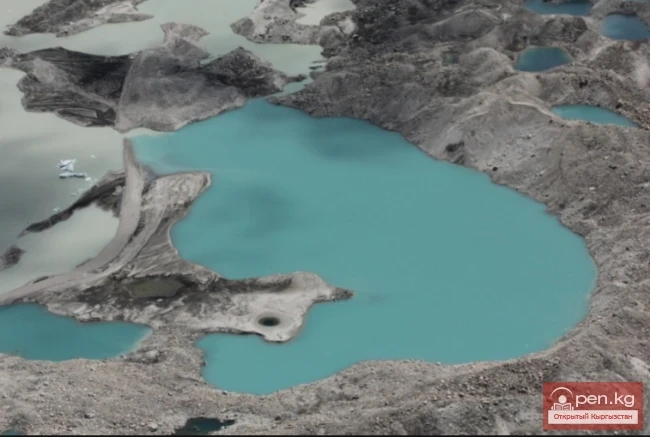The water reservoir levels in Istanbul have dropped to 21.87%.
While Izmir is experiencing a worsening water crisis, the water levels in Istanbul's dams have significantly decreased over the past few months, as reported by Euronews.
According to data from the Istanbul Water and Sewerage Administration (ISKI), the reservoir capacity in the area is at 21.87%. On June 30, this figure was 66.23%.
In Izmir, where there has been a severe water shortage and periodic interruptions in water supply since the beginning of summer, it is reported that backup supplies have also been depleted.
Professor Dogan Yasar from Dokuz Eylul University noted in an interview with DHA that the water level in Izmir's reservoirs has reached a critical point, and groundwater supplies are exhausted.
Experts warn that if the current situation does not change, Turkey may soon find itself among the countries suffering from a shortage of fresh water, with an annual volume of less than 1000 m³ per capita. This category includes Middle Eastern countries such as Saudi Arabia, the United Arab Emirates, and Qatar, as well as African countries including Somalia, Djibouti, and Eritrea.
Countries experiencing water stress have an annual water volume per capita ranging from 1000 to 1700 m³. In 2024, this figure in Turkey is approximately 1300-1400 m³.
Meanwhile, countries with abundant water resources are located in the equatorial zone, where monsoon rains bring more than 8-10 thousand m³ of water.
What causes water shortages?
Agriculture is the main consumer of water resources in Turkey, accounting for 70% of total consumption, while industry and domestic use each account for 15%.
The main cause of the water crisis, experts say, is climate change and the resulting droughts. The Mediterranean region is one of the most vulnerable to these phenomena. If large-scale measures to combat global warming are not taken, this region may face even more severe droughts.
Additionally, the growing population, inefficient irrigation methods, and environmental pollution also play a significant role in worsening the situation. If these issues remain unresolved, Turkey could become a water-scarce country within 20-30 years, by the 2050s.
How does mining activity affect water resource pollution?
Residents of Usak, where water is supplied only from 4 PM to 10 PM, claim that the gold mining company Tüprağ consumes more water than the entire region.
However, the company asserts that its gold mine does not deplete the resources of Usak residents, and last year it used only 47% of its allocated water quota.
Discussions about the causes of the water crisis are becoming increasingly relevant. Some, including well-known figures on social media, are calling for careful water use in daily life. However, many point out that the root causes of the crisis lie in the mining and agricultural sectors. Climate activists emphasize the importance of individual measures but argue that the solution to the problem must be comprehensive.
Radical changes are needed to create a more sustainable system. One solution is to improve the efficiency of agricultural irrigation.
The most common irrigation method in Turkey, known as "flood/wild irrigation," involves completely filling the field with water. In this process, 50-60% of the water is lost due to evaporation, infiltration, or runoff. Especially in hot and windy areas, much of the supplied water evaporates before reaching the soil.
Improper crop selection is also a significant factor. This concerns the cultivation of water-intensive crops in unsuitable regions. For example, when crops such as cotton, corn, sugar beets, and rice are planted in water-scarce areas, resources are quickly depleted.
Additionally, up to 30% of water is lost in open and unprotected irrigation channels, as well as in outdated irrigation systems.
Active discussions and research on seawater desalination are underway in Turkey. However, many experts believe that this practice has not gained widespread adoption due to the need for significant investments.






